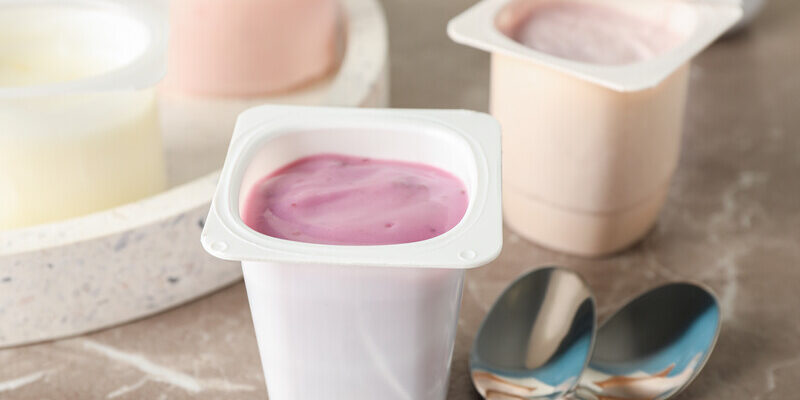Making positive changes to improve our health and well-being can be overwhelming. There are many obstacles that may derail us from meeting our goals. We may not feel we have control over our home or work environments and add this daunting pandemic to the mix and we can find ourselves just trying to survive day by day. However, one place that we have some control is our gut microbiome.
What exactly is our gut microbiome and why is it so important?
Our gut microbiome consists of trillions of bacteria and microbes that live in our digestive track and have been found to have a strong impact on our immune system and health. Our microbiome is important for digestion and absorption of nutrients along with energy metabolism and with how our brains work. Research also has shown that our microbiome may increase or decrease our risks for developing diseases such as diabetes, obesity, cardiovascular disease, cancer, and rheumatoid arthritis. Research has also shown that as we get older our microbiome may change. This may cause an increase in inflammation, which also plays a role in developing these chronic conditions (1,2).
All of us are unique in so many ways and that includes are microbiome. Our microbiome is initially determined by our DNA. However, there are many factors that can affect our microbiome whether it’s how we were delivered at birth or fed as an infant, and as we get older factors such as pollution, food choices and antibiotic use can alter our microbiome.The understanding of our microbiome is still in its early stages. However, the good news is that we can improve our microbiome and health with the food we eat (1,2).
What foods help our microbiome?
There are certain foods that naturally contain live microbiota which is beneficial to our microbiome. Fermented foods like kefir, yogurt with live active cultures along with other fermented foods like kimchi, kombucha tea, pickled vegetables, fresh sauerkraut, and miso all provide the gut with good bacteria which our microbiome loves! Prebiotic foods are also important to consume because they feed our good bacteria. There are many healthy natural prebiotic foods such as, beans, oats, barley, garlic, onions, leaks, asparagus dandelion greens, Jerusalem artichokes, bananas, and seaweed. Focusing on consuming high natural fiber foods, like vegetables, nuts, fruits, seeds, beans, and whole grains will help nurture a healthy gut microbiome (1,2).
Do probiotic supplements help?
There are probiotic supplements which may be helpful in balancing our microbiome. Dr. Allan Walker, Professor of Nutrition at the Harvard Chan School of Public Health and Harvard Medical School, states that although results of research on supplemental probiotics can be conflicting there are situations when they can be helpful, such as with reducing severity of diarrhea due to pathogens or replenishing normal bacteria in the intestine after antibiotic use. Probiotics are not regulated by the Food and Drug Administration so always check when you are choosing a probiotic that there is a seal such as USP (U.S. Pharmacopeial Convention) which has standards for purity and quality. The World Gastroenterology Organization advises limiting probiotic use to the strains that have proven effective in those who are immune compromised or have other serious underlying diseases (3). Always check with your doctor prior to starting a probiotic (2).
Microbiome message
When it comes to managing our microbiome, we have some control of making it healthier by making better food choices that encourage our good bacteria to populate and decrease the bad bacteria in our gut. Microbiome research is in its early stages, but the message is clear that eating more whole foods and avoiding ultra-processed foods along with including probiotic and pre-biotic foods can help the health of our microbiome. A healthy microbiome may help control or reduce chronic diseases that have been causing so many health issues and improve quality of life (1,2).
References:
- https://www.nutritionletter.tufts.edu/special-reports/the-gut-microbiota/
- https://www.hsph.harvard.edu/nutritionsource/microbiome/
- https://ods.od.nih.gov/factsheets/Probiotics-HealthProfessional/
Daphne Baldwin Kornrich, MS, RDN, CSOWM has been a Registered Dietitian Nutritionist for 30 years, working in a wide variety of clinical and outpatient settings. Daphne currently specializes in Bariatrics and Weight Management.

